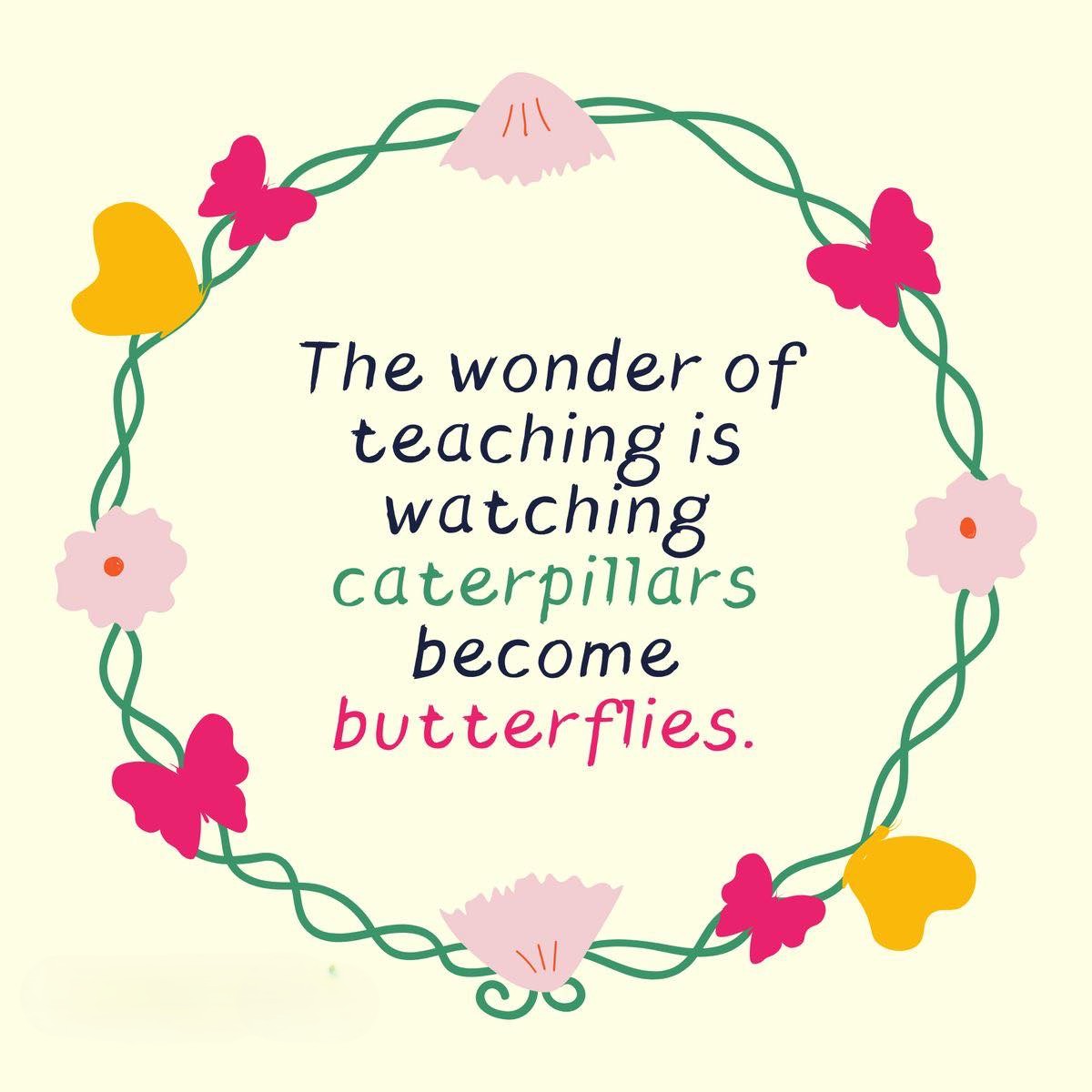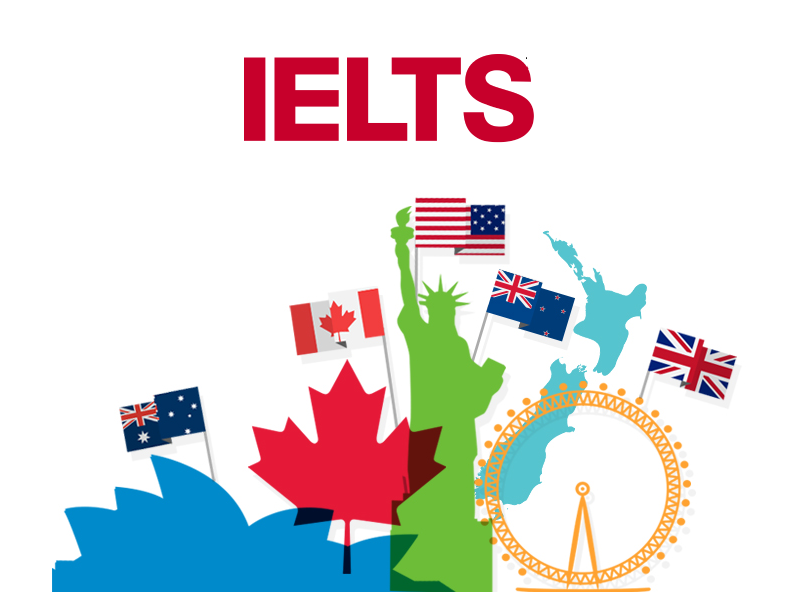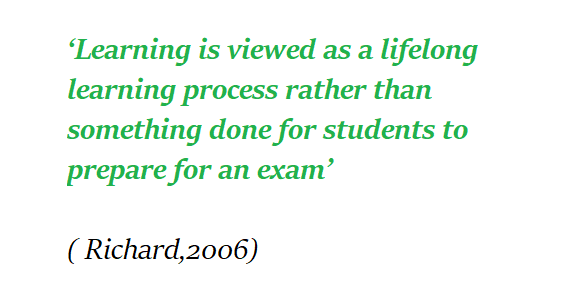TASK 2: You should spend about 40 minutes on this task.
TOPIC 1:
Most people have forgotten the meaning behind traditional or religious festivals (ý nghĩa đằng sau các lễ hội truyền thống hoặc tôn giáo); during festival periods, people nowadays only want to enjoy themselves. To what extent do you agree or disagree with this opinion?
Some people argue that we no longer remember the original meaning of festivals ( ý nghĩa nguồn gốc của các lễ hội), and that most of us treat them as opportunities to have fun ( coi chúng như cơ hội để vui chơi). While I agree that enjoyment seems to be the priority during festival times, I do not agree that people have forgotten what these festivals mean.
On the one hand, religious and traditional festivals have certainly become times for celebration ( trở thành những thời khắc để ăn mừng). In the UK, Christmas is a good example of a festival period when people are most concerned with shopping, giving and receiving presents, decorating their homes and enjoying traditional meals with their families. Most people look forward to Christmas as a holiday period ( mong đợi giáng sinh như một kỳ nghỉ lễ), rather than a time to practise religion ( hơn là dịp để thực hiện lễ giáo). Similar behaviour can be seen during non-religious festivals, such as Bonfire Night. People associate this occasion with making fires, watching firework displays ( tham gia vào dịp này bằng việc bắn và xem pháo hoa), and perhaps going to large events in local parks; in other words, enjoyment is people’s primary goal ( hay nói cách khác, mục đích chính của mọi người là vui vẻ).
However, I disagree with the idea that the underlying meaning of such festivals ( ý nghĩa sâu xa của các lễ hội như vậy) has been forgotten. In UK primary schools, children learn in detail about the religious reasons ( học cụ thể về những mục đích tôn giáo) for celebrating Christmas, Easter and a variety of festivals in other religions. For example, in late December, children sing Christmas songs which have a religious content, and they may even perform nativity plays telling the story of Jesus’ birth ( các vở kịch về sự ra đời của Chúa Jesus). Families also play a role in passing knowledge of ( đóng vai trò trong việc truyền tải kiến thức về) religious festivals’ deeper significance ( ý nghĩa sâu sắc hơn của các lễ hội tôn giáo) on to the next generation. The same is true for festivals that have a historical background, such as Bonfire Night or Halloween, in the sense that people generally learn the stories behind these occasions at an early age.
In conclusion, although people mainly want to enjoy themselves during festivals, I believe that they are still aware of the reasons for these celebrations ( họ vẫn nhận thức được ý nghĩa của những lễ kỷ nhiệm này).
(IELTS - SIMON)
-----------------------------/////-------------------------------------
TOPIC 2:
Families who send their children to private schools should not be required to pay taxes that support the state education system.
To what extent do you agree or disagree with this statement?
Some people believe that parents of children who attend private schools ( trường tư) should not need to contribute to state schools ( trường công) through taxes. Personally, I completely disagree with this view.
For a variety of reasons, it would be wrong to reduce taxes for families who pay for private education (giáo dục tư). Firstly, it would be difficult to calculate the correct amount of tax reduction ( khấu trừ thuế) for these families, and staff would be required to manage this complex process ( quy trình phức tạp). Secondly, we all pay a certain amount of tax for public services ( dịch vụ công cộng) that we may not use. For example, most people are fortunate enough not to have to call the police or fire brigade(đội cứu hỏa) at any time in their lives, but they would not expect a tax reduction for this. Finally, if wealthy families were given a tax discount for sending their children to private schools, we might have a situation where poorer people pay higher taxes than the rich.
In my opinion, we should all be happy to pay our share of the money that supports public schools ( trường công). It is beneficial for all members of society to have a high quality education system ( một hệ thống giáo dục chất lượng cao) with equal opportunities for all young people. This will result in a well-educated workforce ( nguồn lực được giáo dục tốt) , and in turn a more productive and prosperous nation ( quốc gia thịnh vượng) . Parents of children in private schools may also see the advantages of this in their own lives. For example, a company owner will need well qualified and competent staff ( nhân viên có năng lực và bằng cấp) , and a well-funded education system can provide such employees.
In conclusion, I do not believe that any financial concessions should be made for people who choose private education.
(IELTS - SIMON)
-----------------------------/////-------------------------------------
TOPIC 3:
The older generations tend to have very traditional ideas about how people should live, think and behave. However, some people believe that these ideas are not helpful in preparing younger generations for modern life.
To what extent do you agree or disagree with this view?
It is true that many older people believe in traditional values ( những giá trị truyền thống) that often seem incompatible with ( không phù hợp với) the needs of younger people. While I agree that some traditional ideas are outdated, I believe that others are still useful and should not be forgotten.
On the one hand, many of the ideas that elderly people have about life are becoming less relevant for ( ít liên quan / phù hợp cho) younger people. In the past, for example, people were advised to learn a profession and find a secure job for life, but today’s workers expect much more variety and diversity from their careers. At the same time, the ‘rules’ around relationships are being eroded as young adults make their own choices about who and when to marry. But perhaps the greatest disparity ( sự chênh lệch lớn nhất) between the generations can be seen in their attitudes towards ( tư tưởng về) gender roles. The traditional roles of men and women, as breadwinners and housewives, are no longer accepted as necessary or appropriate by most younger people.
On the other hand, some traditional views and values are certainly applicable to ( có thể ứng dụng được) the modern world. For example, older generations attach great importance to working hard, doing one’s best, and taking pride in ( tự hào) one’s work, and these behaviours can surely benefit young people as they enter today’s competitive job market. Other characteristics that are perhaps seen as traditional are politeness and good manners ( phép lịch sự và hành xử tốt) . In our globalised world, young adults can expect to come into contact with people from a huge variety of backgrounds, and it is more important than ever to treat others with respect. ( tôn trọng những người khác). Finally, I believe that young people would lead happier lives if they had a more ‘old-fashioned’ sense of community( nhận thức cộng đồng) and neighbourliness.
In conclusion, although the views of older people may sometimes seem unhelpful in today’s world, we should not dismiss all traditional ideas as irrelevant.
(IELTS - SIMON)



